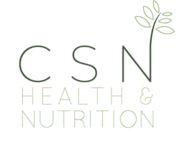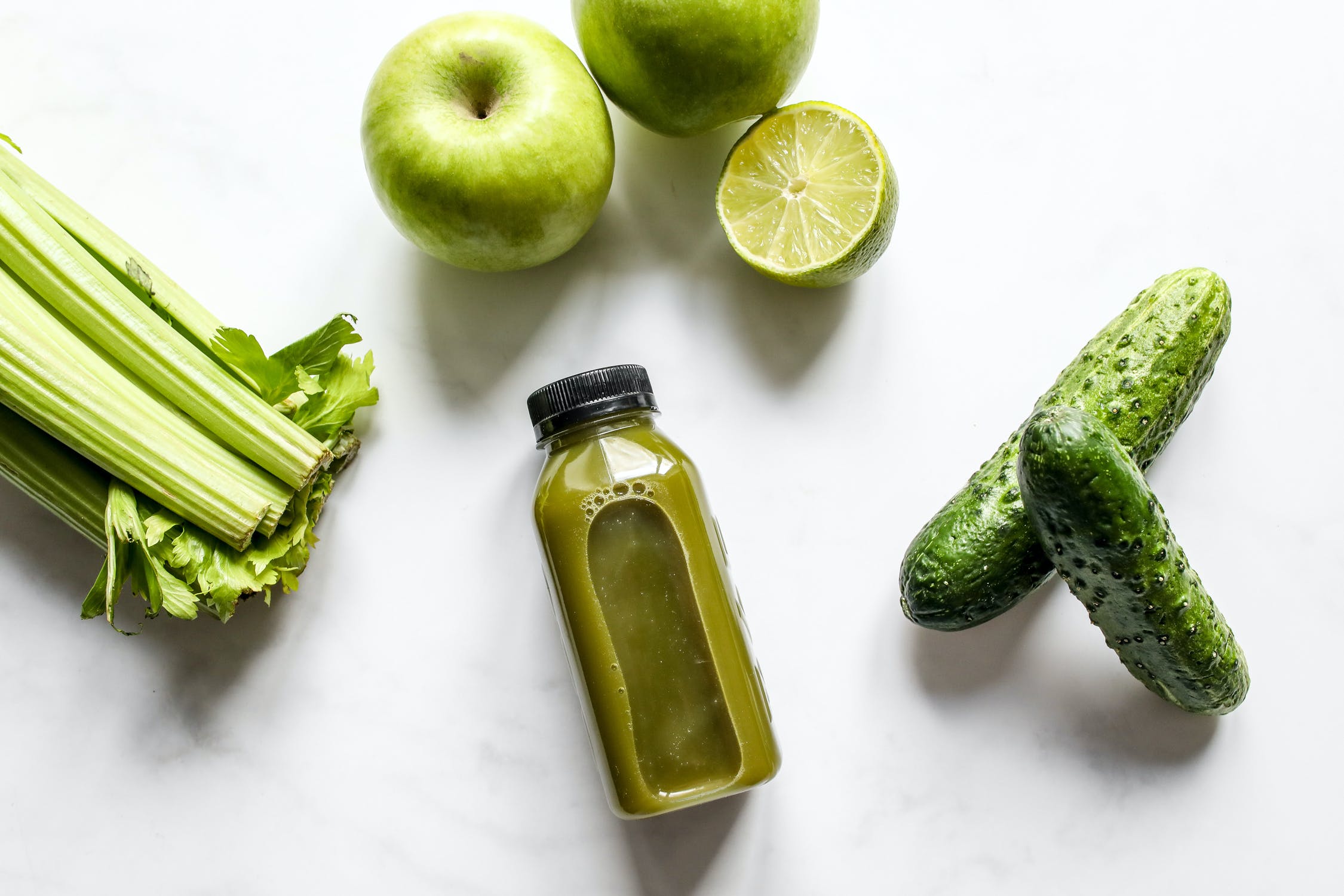Detox is something of a buzzword these days. A quick Google search of the word “detox” throws up (no pun intended) 2,11,000,000 results.
Let’s start with “toxin”; what is it? A toxin is a harmful substance produced by some plants and animals, bacteria. How do we “detox” then? Well, an example we’re all familiar with is vomiting, often following eating something which irritates the gut, or drinking alcohol to excess. These are examples of how the body recognises an alien or harmful substance and rids itself of it.
So, what should we make of the term “detox” when used in conjunction with foods, or recipes? What are they aiming to do, and do they work?
Back to Google and another search reveals detox teas, supplements, soups, smoothies, water (!) herbal kits detox diets galore, let alone the hundreds of books published on the subject, but what we actually need to “detox” are functioning kidneys and liver. The bowels and urinary tract play their part in eliminating waste products, as does the skin in the sweating process and, the lungs which expel CO2. Even our senses of smell and taste can alert us to the potential toxic nature of foodstuffs.
Unfortunately though, for the food industry, these processes aren’t profitable, or marketable!
Detox diets are promoted promising weight loss, hair restoration, improved nails, skin and energy levels, reduction of cellulite and, of great recent significance in the face of the Covid-19 threat, boosting of the immune system. This, we are told, is achieved by fasting for short periods of time, by eliminating certain foods, or restricting food intake to limited foods – but, in truth, are these sustainable methods and, do they risk doing more harm than good? For example, when the body is deprived of the calories it needs, it produces a chemical called ketones, something that can feed the brain in the absence of glucose, its primary energy source. But, ketones produce their own negative effects, such as light-headedness, nausea, irritability and dehydration, to say nothing of unpleasant breath! High levels of ketones in the body are a poison in themselves and can lead to a condition called ketoacidosis.
Unfortunately, the human default mechanism is often to defer responsibility to those we believe are more knowledgeable than ourselves and, are trustworthy. We may also assume that claims promoting health-giving benefits are regulated and scrutinised for veracity and accuracy and, sadly, many companies and, these days, influencers, capitalise on our naivete and lack of knowledge or understanding. For our part, we are too easily persuaded by a quick fix.
The real truth is, however boring or repetitive it may seem, the best way to look after our bodies, to achieve the health-giving benefits we are seeking is no secret: eat well, limit alcohol intake and, exercise regularly. Eating well, means including good quality proteins, fats which are mostly mono or polyunsaturates, such as nuts, seeds, avocados, salmon and other oily fish, wholegrains, fruit and vegetables. Limit alcohol intake to no more than 14 units a week, and preferably over the period of the week, rather than binge-drinking. UK government recommends 150 minutes per week of moderate exercise (cycling, swimming, medium-pace walking) or 75 minutes per week of vigorous exercise.
It’s not new news, it’s not sexy, and it doesn’t sell, but it works. Give it a try.

